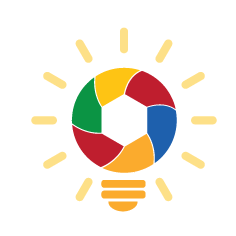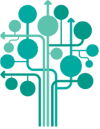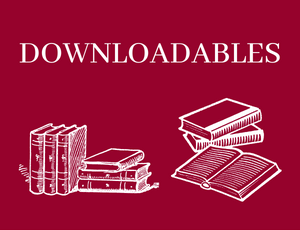
It is accepted that people gaining qualifications has an impact on economic growth, and on promoting social inclusion and sustainable employment. Skills have become the key drivers of individual well-being and economic success in the 21st century. The pace of innovation, technological transformation, digitalization and globalisation requires all people to engage in lifelong learning for upskilling, re-qualification or skills updating purposes. ICT skills have become essential to differentiate and modernize the study process in all stages of education, making it more conveniently accessible to every individual and relevant to the needs of adults trying to enter the European labour market. Distance education, distance learning, earning are modes of delivering education to students who are not physically present in a traditional setting such as a classroom.
This is exactly the focus of the #CREW project aiming to define and validate innovative models, approaches and tools supporting personalized, active and engaging adult learners’ personal development processes, based on self-awareness. The aim of the project is:
- to work out digital courses;
- to modernize adult education by introducing digital learning;
- to bring adult educators and adults’ learners together in the face of new societal challenges towards a brighter, more connected future;
- to fight unemployment;
- to develop the skills of low-qualified adults and prepare them for job opportunities;
- enhance and enforce adults’ engagement and motivation by implementing self-awareness/evaluation tools, inclusive guidance and learning solutions supporting reflective, engaging and active behaviour;
- digital online training courses;
- to improve content and delivery of adult education;
- to provide with a tool assessing the level of crucial skills to use in adult learning contexts;
- improve leadership skills, digital skills, communication, interpersonal skills and language skills;
- strong soft skills for a successful future career or business;
- necessary steps and knowledge;
- entrepreneurship skills.
The Training Courses will have open access resources specifically aimed at: low qualified adults, NEETs, young people with fewer opportunities, training practitioners, teaching organisations, colleges and independent professionals in the field of youth employment, education and training. Key competences are those which all individuals need for personal fulfillment and development, active citizenship, social inclusion and employment. The project goes one step further for the results of the CREW project and is dealing with Personal, social and learning to learn; Cultural awareness and expression, Digital Skills, ICT, e-learning, soft skills. Although the key competences are all considered equally important, because each of them can contribute to a successful life in a knowledge society, the partnership has selected the aforementioned competences as they are more close to their experience and professional capacity.
IO1 Training Course in Digital Literacy is a very crucial part to develop the skills of adults and appeal to a wide range of users and stakeholders. The content will be clear, accessible and easy to use and can be applied to a number of different scenarios, countries and organizations. IO2 will be a Training Course on “Career Management Skills” in order to develop the interpersonal, intrapesonal skills of adults and management skills as well as IO3 Training Course on Communication and self improvement skills where adults will work on their communication skills and further self-improvement. Furthermore, IO4 the Self-test of appropriateness as an Entrepreneur is an important self-evaluation and assessment to test the leadership skills of adults, their empowerment, creativity and resilience.
Thus, the partners will support improving the Quality and Innovation of adult learning processes of low-qualified adults with such a variety of training systems, institutions and practices. They will also highlight the importance of new key competences for each adult, the usefulness of the materials, the understanding and recognition of skills and qualifications in European and beyond, as well as interconnections between formal, informal education, vocational training and other forms of learning and labour market respectively; they will help improve the position and social perception of low-qualified adults in the labour market and education.
Finally, the project will strengthen the occupational/career profiles of job seekers and young adult professionals. It will educate properly and teach adults how to properly become responsible adults, how to successfully enter the labour market, how to cultivate valuable skills that will help them in the future, but also to develop those skills in a way that is interesting, intriguing and fulfilling for them. This can ultimately increase their love for knowledge, expand their horizons and critical thinking.
Intelectual outputs are available on EPALE


